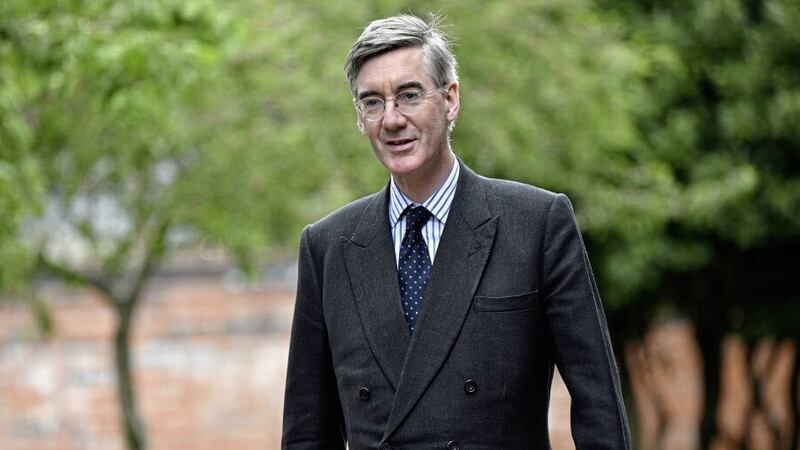WHITEHALL’S mandarins did little on Wednesday to dissuade the deeply held suspicion on this side of the Irish Sea that they don’t appreciate the unique characteristics of this place.
On the same day the SDLP proposed giving the north’s half a million oil-fired households 1,000 litres of kerosene, the confirmation from London that the actual support will amount to 100 litres, unsurprisingly hasn’t gone down too well.
In absence of a functioning government at Stormont, Jacob Rees-Mogg’s Department for Business, Energy and Industrial Strategy (BEIS) has been charged with repurposing its energy price cap support scheme for Northern Ireland.
What it effectively amounts to is injecting the cash at the supply source, capping the unit price of electricity and gas, limiting what households and businesses pay, and staving off the huge surge in energy bills this winter.
That’s relatively straight-forward in England and Wales, where the vast majority of households are connected to gas mains.
In Northern Ireland, an estimated 68 per cent of households (around half a million) are heated by an oil burner.
They will benefit from the unit price cap on electricity and they will also get the £400 toward their power bills that every UK household will receive.
But when it comes to heat, the support will amount to just £100 for oil.
The justification is that the price of gas has increased at a much greater percentage rate than oil.
That is true. The average Firmus gas customer on the Ten Towns network for example, could expect to pay between £440 and £520 a year for heat and hot water for most of last year.
From October it will rise to around £2,200-£2,375 per year.
Add the £945 the average Power NI customer will pay in a year, and that will take a typical annual energy bill above £3,220.
If that can be capped at £2,500, that’s a saving of around £700.
In that same period, heating oil customers have seen their annual bill rise from £750 to £1,200 in 2021 (depending on whether you ordered two or three 900 litre fills), to £1,800-£2,700 this year.
The Whitehall logic appears to be that it’s gas customers who need more protection.
And there is arguably a case that a £100 discount could put some oil-fired households paying something similar to gas households this winter.
But a £100 handout, in a year where heating oil has more than doubled, seems a bitter pill for most to swallow.
It also fails to appreciate that oil must be ordered (and paid for) in bulk.
In truth, it appears more of an afterthought, than any real attempt to develop a scheme for Northern Ireland.
Research published last month forecast that just over 70 per cent of households in the north could enter fuel poverty this winter, while PwC has forecast that inflationary pressure will leave the average worker in Northern Ireland £2,000 worse off this year.
If this marks the end of energy support for oil-fired households, the focus may soon shift to Stormont.
And with the possibility of a winter election on the cards, will the DUP be able to sustain its current position that we don’t need a functioning executive to address this crisis?








